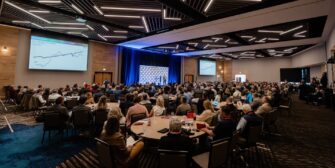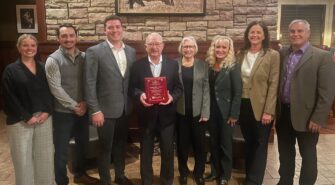3 Family Businesses Honored with Awards from Prairie Family Business Association
Recent News
In a place where pheasants flourish, families find clarity for their businesses’ futures
Posted in Member News, PFBA | May 24, 2021
For years, family businesses from South Dakota and beyond have come to the Paul Nelson Farm, where a beautiful setting serves as the backdrop for some tough conversations.
The exceptional lodge in Gettysburg — a family business itself — hosts five to seven families through the Prairie Family Business Association each August. This year’s retreat is Aug. 11-13.
“This is a place and time where people can step away from their daily distractions,” said Stephanie Larscheid, executive director of the Prairie Family Business Association.
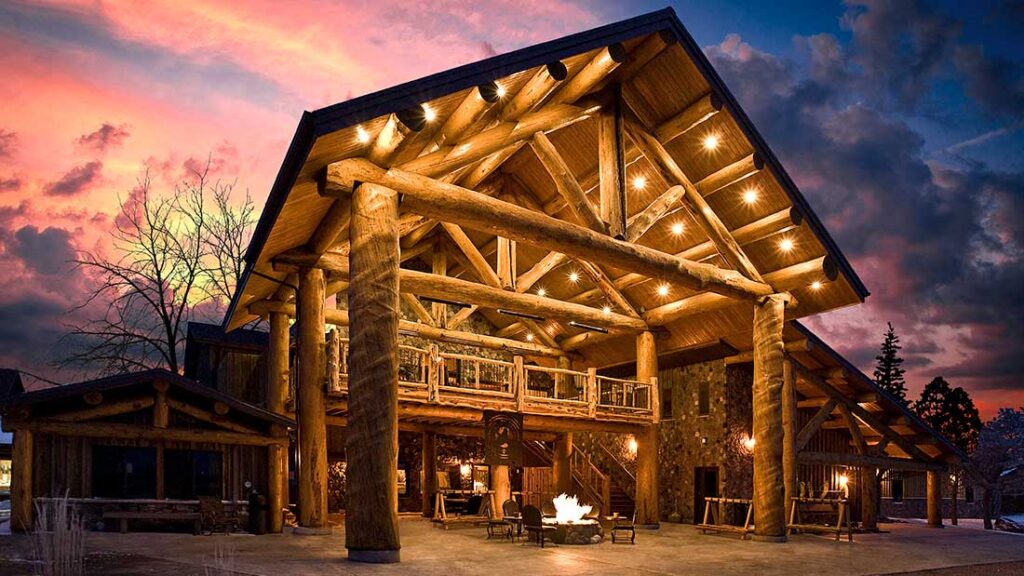
“They can’t step out and answer an employee’s question. They are together in an environment where they can focus on each other. They will accomplish more in three days than in the whole next year. What they will experience there will live with them and their family and legacy and business for years.”
Since 2006, families have discovered the long-lasting effects of their retreats, Larscheid added.
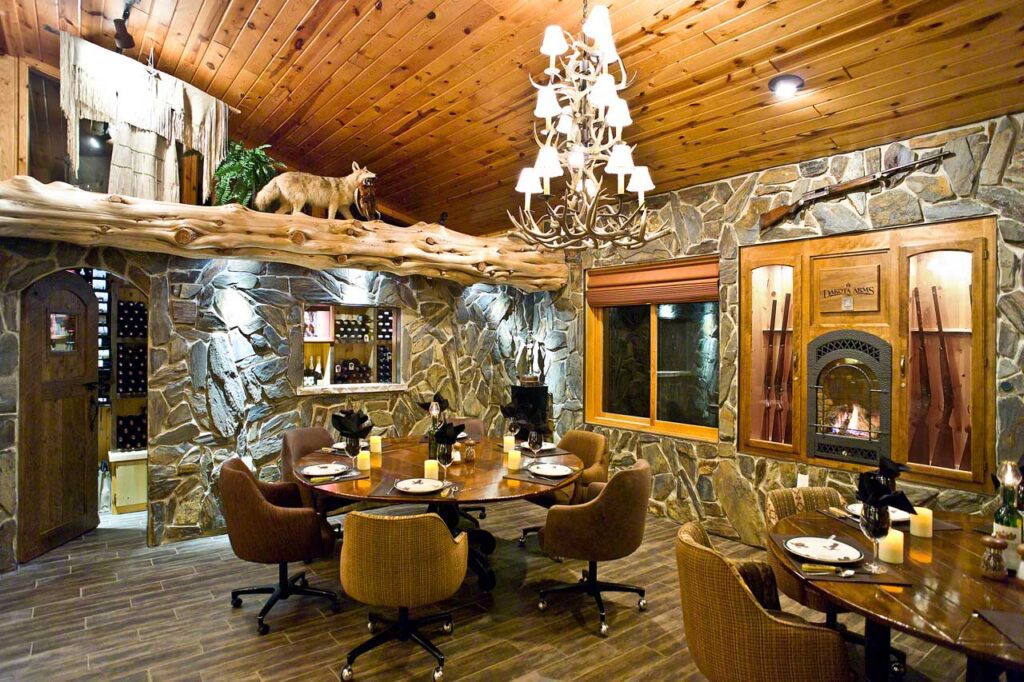
“Some things learned 15 years ago at the Paul Nelson Farm are still being played out in the families today, things like emergency operations plans and rules for family becoming employees in the business,” she said.
“And sometimes there are conversations that happen involving family members not yet in the business, or perhaps it’s parents who don’t want to talk succession planning, but the children are eager to talk about the future so they don’t have a sudden passing where nothing was figured out. We’re trying to help them be proactive and plan, and this retreat does that.”
This year’s retreat will be especially significant given the transition experienced by the Nelsons themselves.
Founder Paul Nelson died suddenly and tragically in the fall of 2020 when the RV he was traveling in was struck by a tornado.
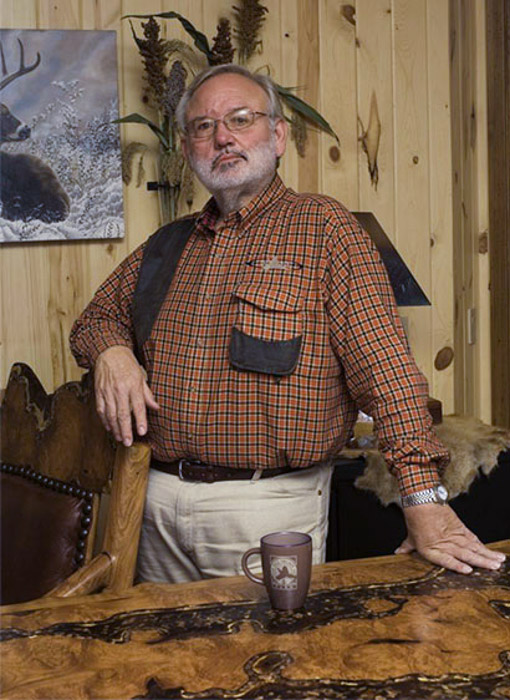
“It’s changed our lives drastically, but as much as anything, it’s mostly Paul’s presence that we miss,” said Tami Nelson, who runs the daily operations with her husband, Erik.
“It’s a juggling act. We’re learning how to fill in, and we’re getting better at delegating things. We’re very fortunate Erik has been back for 22 years and I’ve been here 15, and that Paul, unlike so many business owners and farmers and ranchers, was OK to let go of things and had let Erik and I make day-to-day decisions while he served as the face of the Paul Nelson Farm.”
The making of a destination
Paul Nelson was born in Aberdeen in 1947, graduated from Gettysburg High School and USD and nearly had finished a master’s degree when his dad became ill and he returned to the family farm.
He built up a 3,000-head cattle feedlot but soon realized the extreme cold put him at a disadvantage when competing against bigger facilities in warmer climates. It was time to try something new with an even playing field.
The cattle business had introduced him to a lot of people who enjoyed coming to his property to hunt pheasants.
“It got to the point in the late ’80s when 40 or 50 people would show up, and he would maybe know two of them,” Nelson said. “So the next year, he charged $100 per gun, and people brought more friends. And within a year or two, they were saying if there was a place to stay they’d pay even more.”
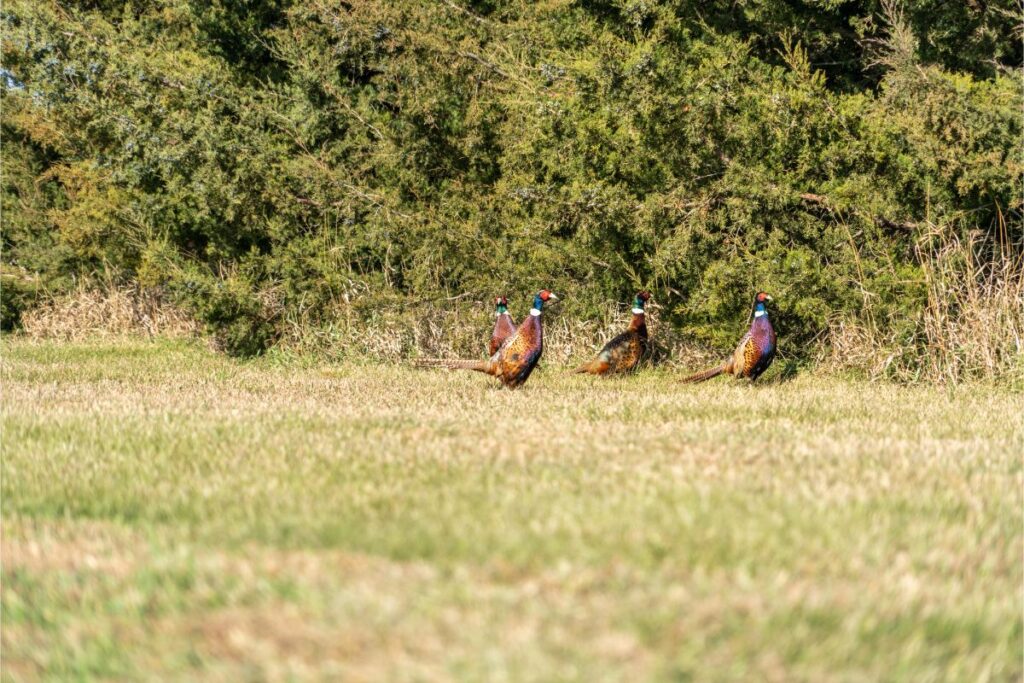
Paul and his wife, Cheryl, turned a ranch hand’s house into a place for guests to stay in 1992. She did laundry, and he grilled steaks. A vision grew.
“Everyone laughed at it, including Cheryl and Erik and me,” Nelson said. “But he was adamant people wanted to come to HIS prairie because it was the most beautiful place in the world. He could keep building, and they would keep coming.”
A 30-year building project began. The farm now includes 5,000-plus acres of countryside dedicated solely to pheasant habitat, creating a wing shooter’s panoramic paradise.
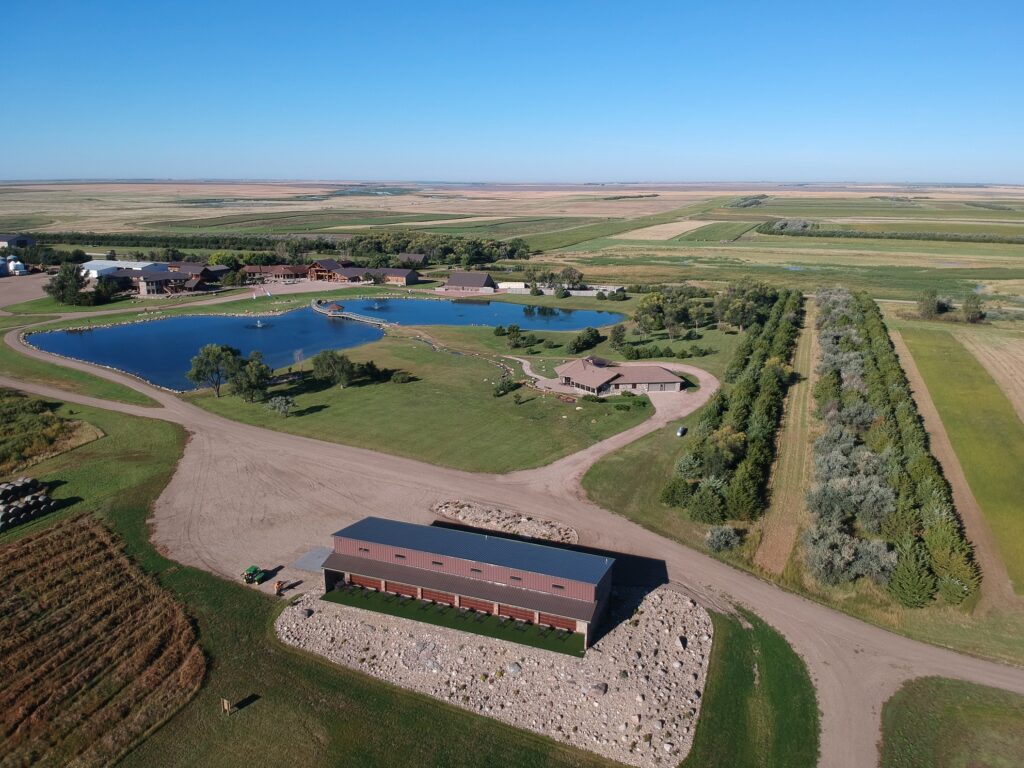
Additionally, there is 45,000 square feet of lodging in three lodges on the property, with 35 suites that truly set it apart as a haven for hunters all its own.
“The first couple years I was here, the coolest thing to see was when the guests would get off the shuttle,” Nelson said. “A few of them would be speechless. It was, ‘Wow. We never knew anything like this would exist in the middle of the country.’ That was Paul’s hope and dream.”
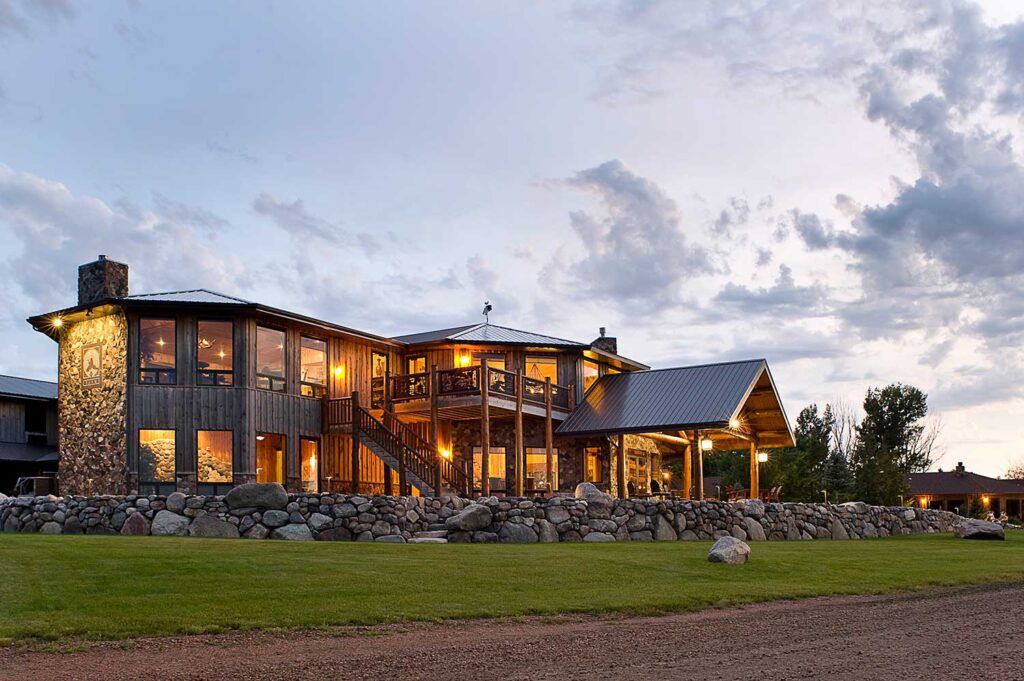
Paul and Cheryl had two children – Ryan, who pursued a career in government, and Erik, who came back to run the farm in 1999 after graduating from Oklahoma State. His now-wife, Tami, began working at the farm as a housekeeper and cook while the two were dating.
“Once we got married, I continued that a couple years and then moved into managing the staff – the cleaners and cooks – and then started with pro shop buying and displaying merchandise,” she said.
“When Erik came back, Paul was hosting 150 to 175 people a year, and Erik helped work through details and systems to make things work better. By the time I came into the picture eight or nine years later, we went through 700 guests annually, so the numbers drastically increased.”
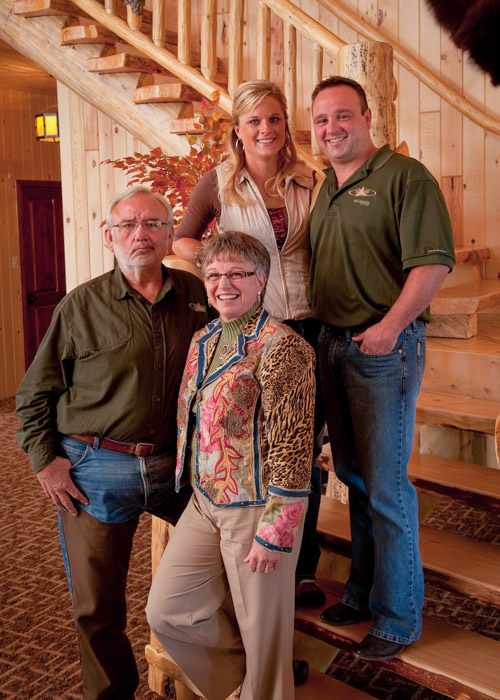
When their kids were born, she transitioned into a management role that didn’t require her to be on site every day, though “with Paul being gone, things drastically changed for all of us, and my role became a lot more hands-on at the lodge,” she said.
“It’s little things. Paul would take pictures of all the guests and greet them. And now when 40 guests arrive at once, we definitely miss him. And he would help with emails and phone calls, and now Erik has picked up all the scheduling of hunts. That’s been a huge change.”
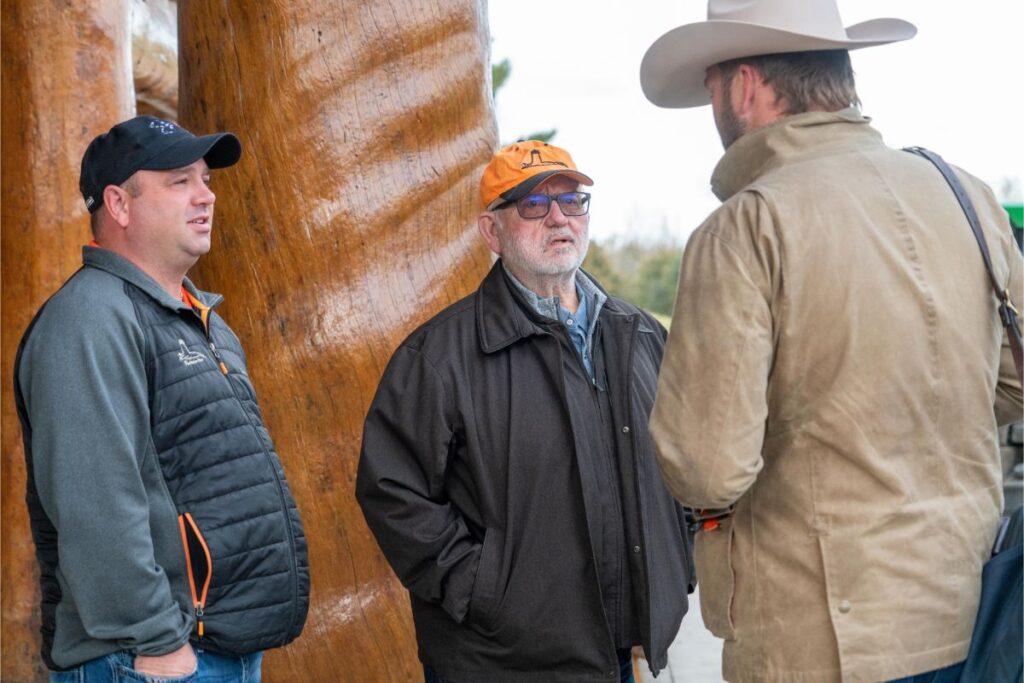
The pandemic brought its own set of challenges but ultimately proved navigable for the farm.
“We had some corporate groups who couldn’t book because of company policies against travel, but word spread around the country that South Dakota is a great place to come if you want to get out and enjoy lots of fresh air,” Nelson said.
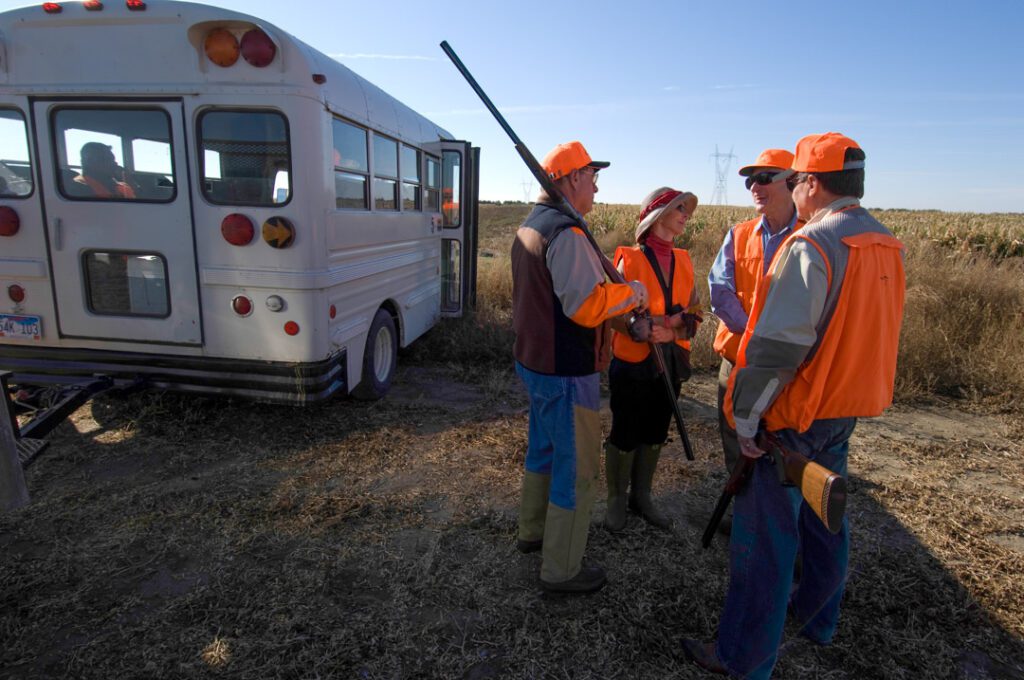
“So we gained back all our lost business through the fall, and people were excited to travel and have a place to go. We gained a lot of new hunters to South Dakota and new hunters, period.”
Paul Nelson’s latest idea also is proving to be a good one. “The Range,” a long-range rifle shooting facility, was added to the farm a few years ago, where he brought in the best military-trained snipers in the world to teach guests how to hit a target a mile away.

“Long-range shooting is one of the fastest-growing sports, so the opportunity to do three-gun shooting at a high-end level is ideal for corporate entertaining and team building,” Nelson said.
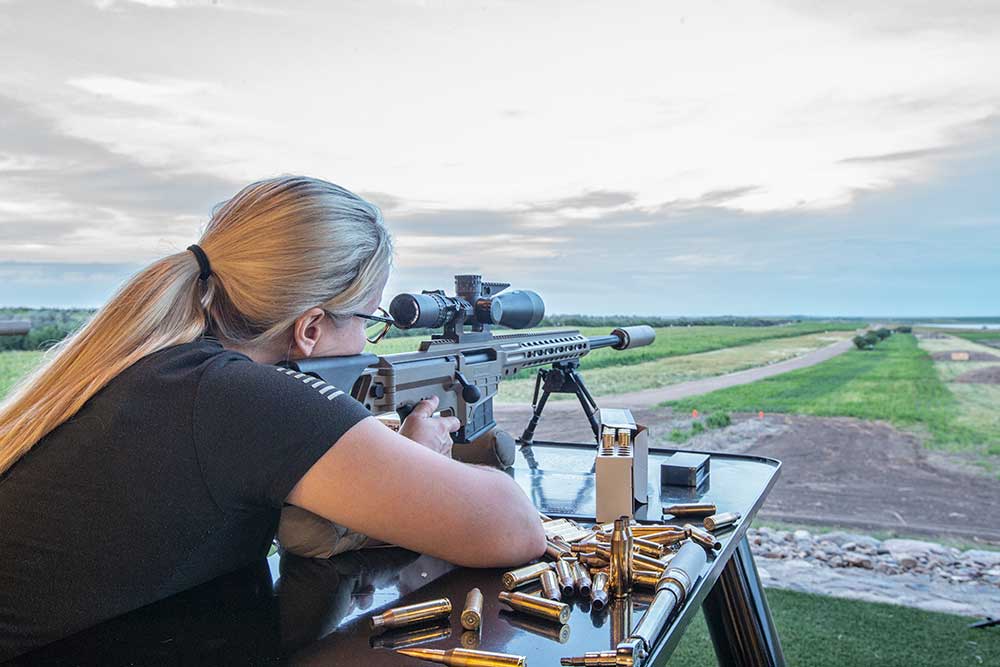
“It’s amazing how your team gels as you’re competing with and against each other. We’re really excited for what that will become.”
Family strategies
While the Nelson family has long interacted with the family businesses that visit each year, they’re becoming increasingly focused on their own family business needs.
“We love being part of the Prairie Family Business Association, and we learn every time they’re here,” Nelson said. “And to have camaraderie with people struggling with the same things you’re struggling with and the same things you’re succeeding with is so nice and reassuring.”
Cheryl Nelson recently joined a peer group through the association, “and she can’t say enough good things about being able to talk with people her age about their kids,” Nelson joked. “So Prairie Family Business is such a great asset. We went to the last conference, and with Paul’s passing, it was perfect timing to learn from others who have gone through this kind of transition and what has helped them.”
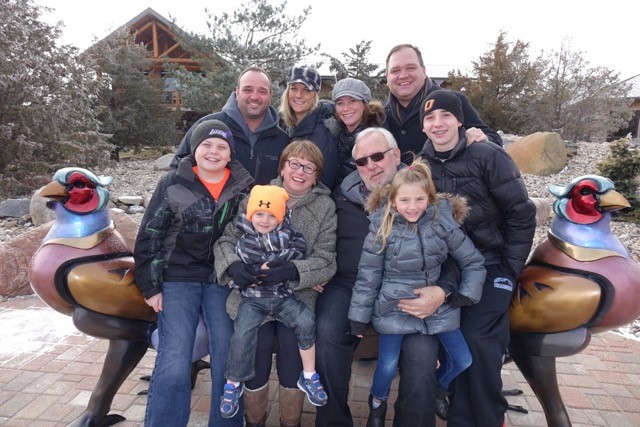
Each family that comes to the retreat is assigned a facilitator tailored to their unique needs. That person, who could be a CPA, attorney, Entrepreneurial Operating System implementer or other family business consultant, will guide the process, while the family also can learn from all facilitators and families involved.
“And we bring in additional speakers and utilize the conference space, where all families can learn together,” Larscheid said. “In the evening, the Nelson family hosts everyone with a home-cooked, family-style meal where you can connect with other families and facilitators.”
Some families come to discuss moving on to the next generation, splitting up the business or other difficult issues, Nelson added.
“And what’s nice about the farm is that it’s secluded, and other than our amazing staff, it’s just families that are going through it too,” she said. “You’re not going in and out of a hotel meeting room and people are wondering why you’re upset. They’re all going through similar things.”
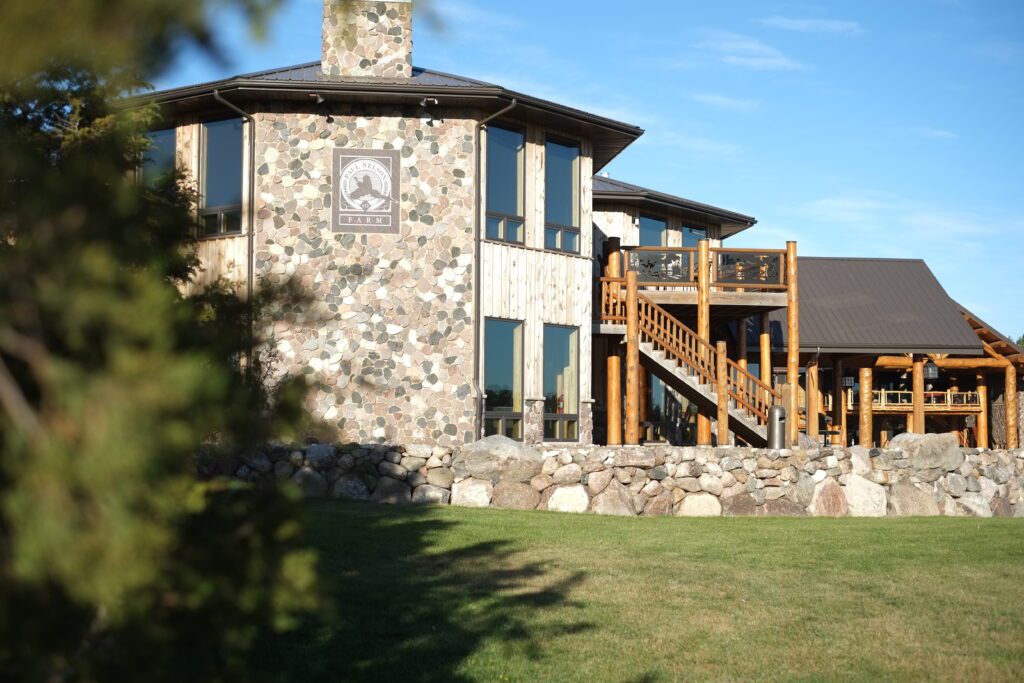
Families that attend “leave feeling like they’ve accomplished something big,” Larscheid added.
“It’s a huge weight off their shoulders. They have a plan. The business is going to live on, and there’s going to be a legacy.”
As for the Nelsons, their kids are age 10 and 8 and already are taking on roles within the business. Daughter Teagan has started taking pictures of guests like her grandfather and talks of assuming her grandmother’s role of playing the harp at dinner — but grandma says she has to spend more time practicing the piano first!
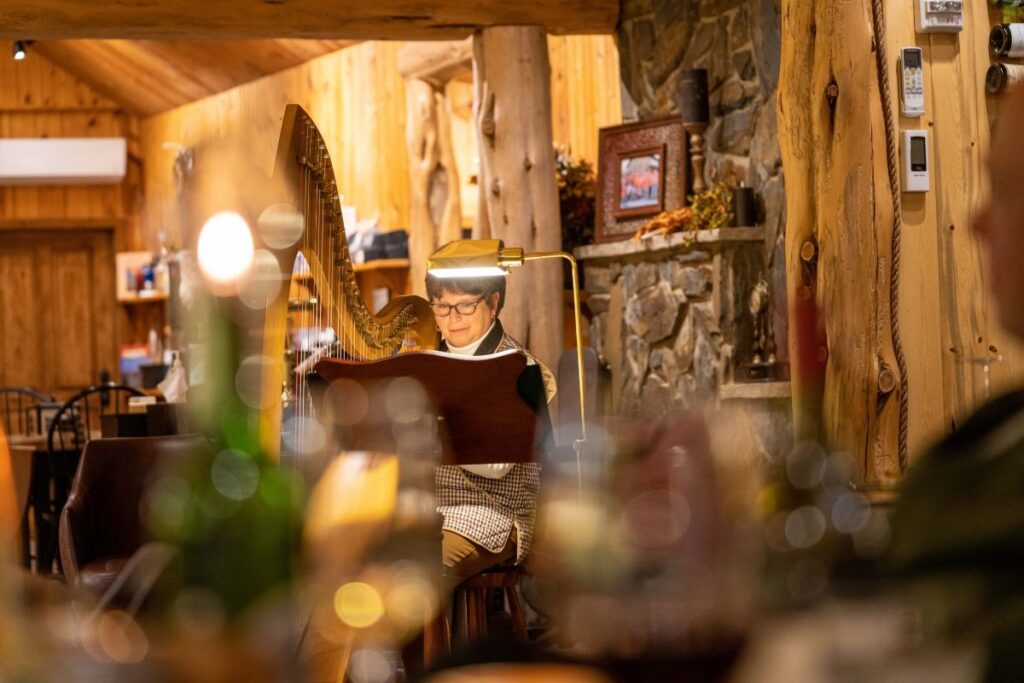
Son Cooper told his grandfather a couple of years ago “that when he gets big he’ll sit behind the desk and collect the money,” Nelson said.
She’s also continuing her father-in-law’s commitment to conservation, helping create the South Dakota Upland Outfitters Association earlier this year and growing it to more than 70 members already. Its mission is to sustain and restore huntable pheasant populations and to encourage and educate interested youth.
“There’s something about a family business. I compare it to another kid,” Nelson said.
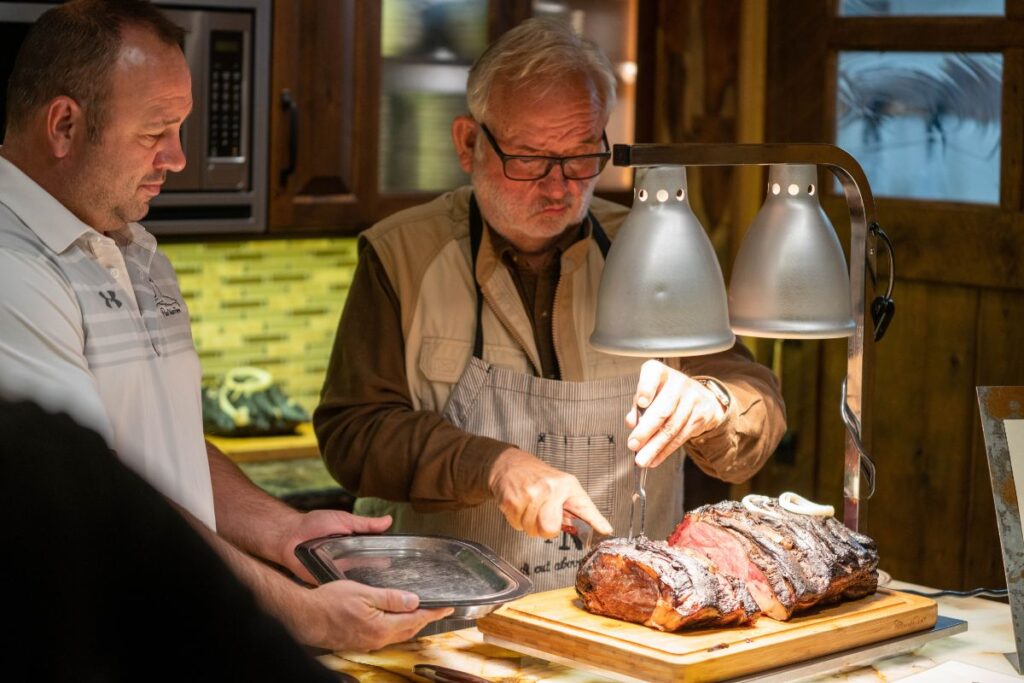
“It means that much to the families when you pour your heart and soul into something. We just had the conversation after Paul passed – is this for sure what we want to do with our lives? We decided we want to fight tooth and nail to keep it going, and I hope our kids want to do it too. If not, we’ll figure out what to do next, but for now, this is our baby.”
The 2021 Family Business Retreat is expected to sell out in the next 30 days. To learn more and register, click here.

